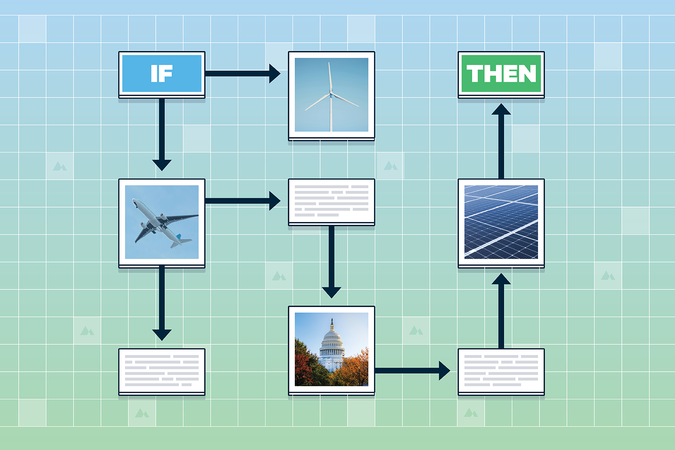SRM on the Table: The Role of Geoengineering for the Stability and Effectiveness of Climate Coalitions
This working paper examines how making decisions about climate change mitigation and solar geoengineering deployment within international climate coalitions could help stabilize and govern such efforts.
Abstract
Geoengineering, including solar radiation management (SRM) has received increasing scrutiny due to the rise of climate extremes and slow progress in mitigating global carbon emissions. This climate policy option, even as a possibility, can have consequential implications for international climate governance. Here we study how solar engineering affects the effectiveness and stability of a large set of regional coalitions through numerical simulations. We posit a requirement in terms of global political or economic power and analyze the exclusive membership coalition formation process when coalitions jointly decide on geoengineering and mitigation. We show that geoengineering can provide incentives for cooperation and partially solve the typical trade-off between stability and effectiveness of climate coalitions. However, temperature reduction mostly comes from deploying SRM within the coalition rather than from further emission reductions, thus exposing the world to relatively large-scale deployment of SRM with as of today uncertain potential side effects and risks.
Authors

Perguiseppe Pezzoli
Politecnico di Milano

Johannes Emmerling
European Institute on Economics and the Environment

Massimo Tavoni
European Institute on Economics and the Environment



